Based on a September Censuswide study, three-quarters of school employees claimed there has been a "significant" increase in "hygiene poverty" concerns at their school in the past year. Four out of five school staff members feel this has happened.
Moreover, nearly two out of every three school employees stated they anticipate an increase in the degree of hygienic poverty in the following academic year.
Sixty percent of the students reported seeing unclean PE kits or uniforms, and more than three out of five (62%) reported seeing unwashed hair and unclean teeth.
According to a poll of 500 school employees in the UK, nearly three out of ten (28%) had witnessed students leave school on a regular basis due to poor hygiene.
The school staff said that they had bought soap, toiletries, and laundry detergent for families in need in addition to personally washing the uniforms of the students.
According to the questionnaire, school employees on average paid £27 of their own money for students' hygienic poverty help in the previous year.
The Hygiene Bank and the brand smol, which commissioned the survey, estimated that school staff in the UK spent around £40m of their own money supporting pupils with hygiene poverty issues in the past year.
Ruth Brock, chief executive at The Hygiene Bank - which provides hygiene products to those in need - said: "It's heartbreaking that in 2024 children across the UK are missing out on their education because their families cannot afford what they need to stay clean.
"Hygiene poverty is a silent crisis that impacts not only children's health and wellbeing, but also their ability to participate fully in school, potentially limiting their life chances. Teachers need to be able to teach; they should not be left to fill the gap, financially and emotionally, by providing these essentials.
"The government's child poverty taskforce must urgently address this issue ensuring that no child's future is limited by the shame and isolation caused by hygiene poverty."
A government spokesperson said: "We are taking action to deliver our mission to break down barriers to opportunity and remove the stain of child poverty from our country.
As many as 750 schools will start offering breakfast clubs as early as April of next year, and legislation to lower the cost of school uniforms by limiting the quantity of branded products is part of the plan."We have also launched a child poverty taskforce co-chaired by the education secretary, and work and pensions secretary, to listen to frontline staff and struggling families, delivering an ambitious strategy to increase household income, bring down essential costs, and tackle the challenges felt by those living in poverty."
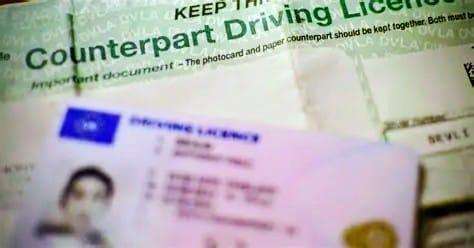
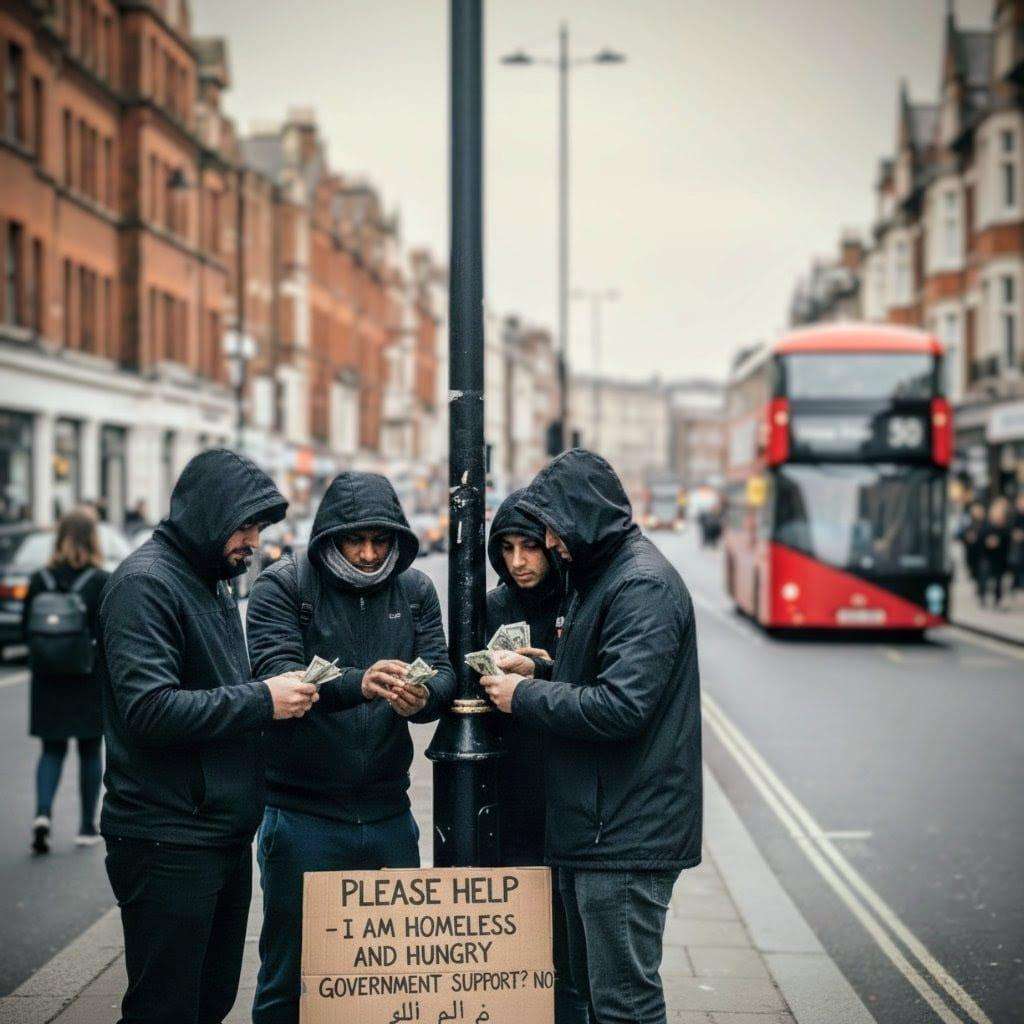
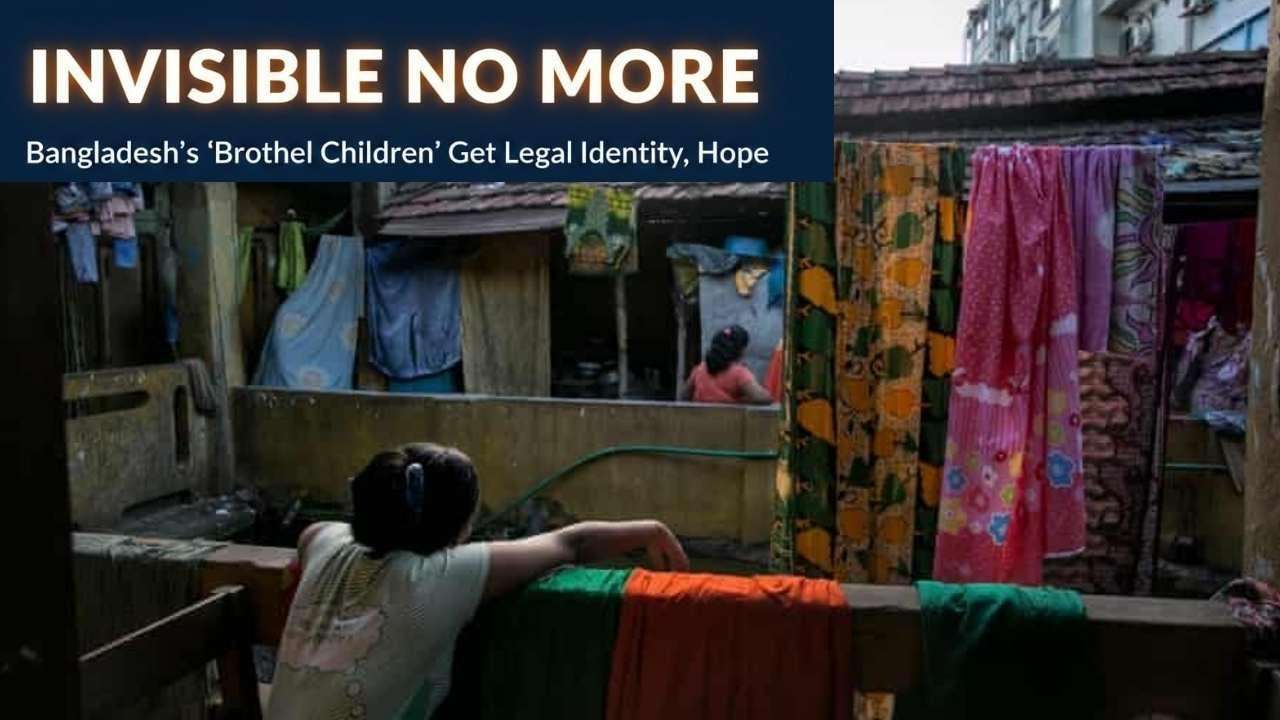
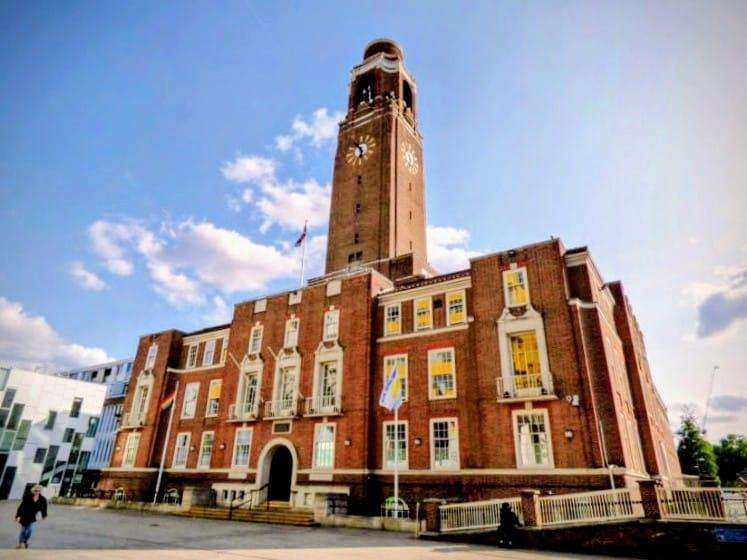



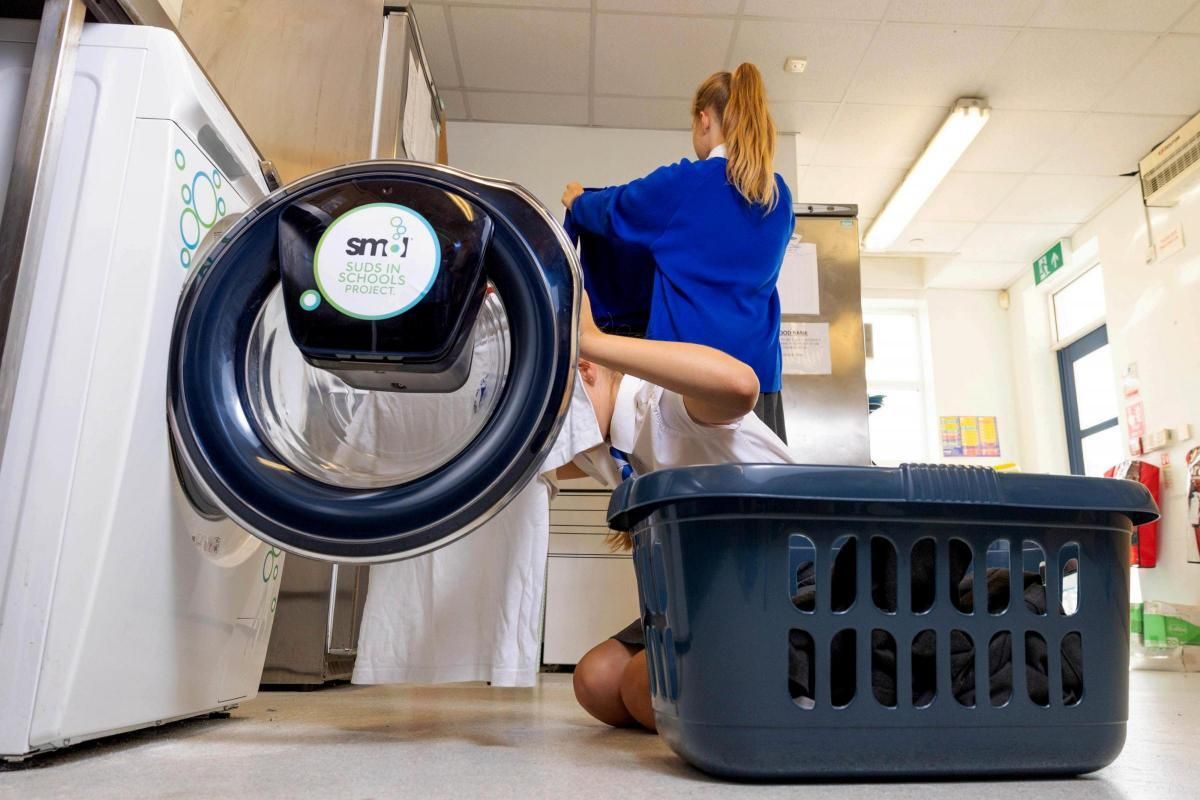
.svg)




